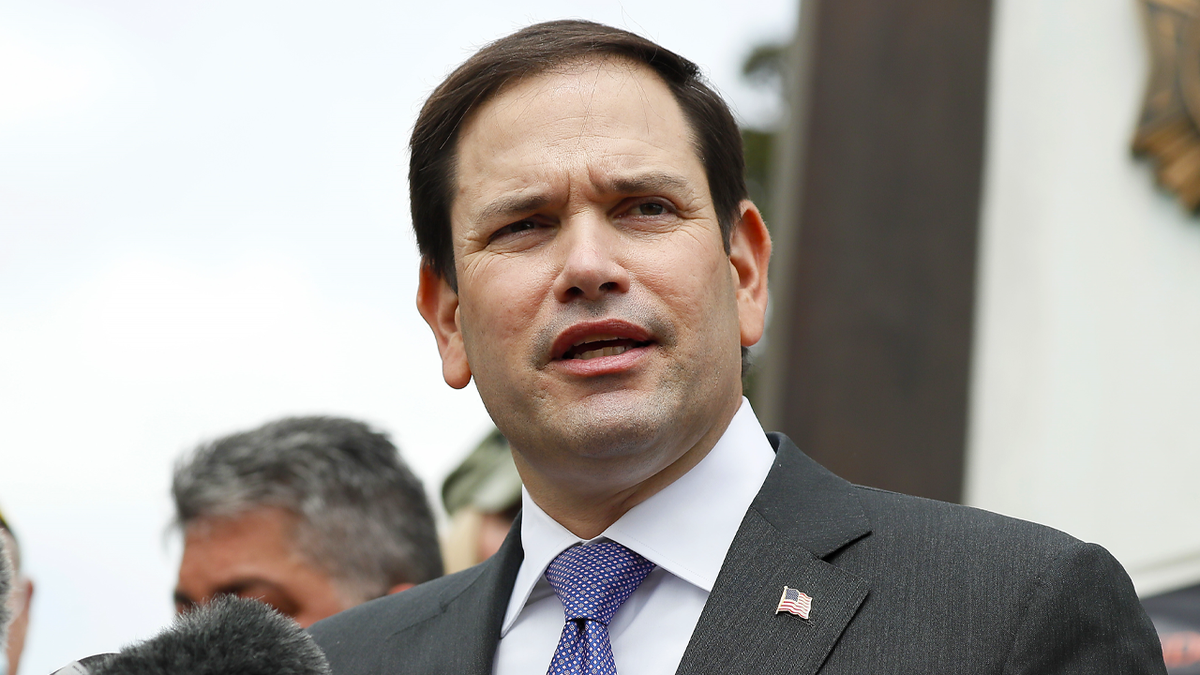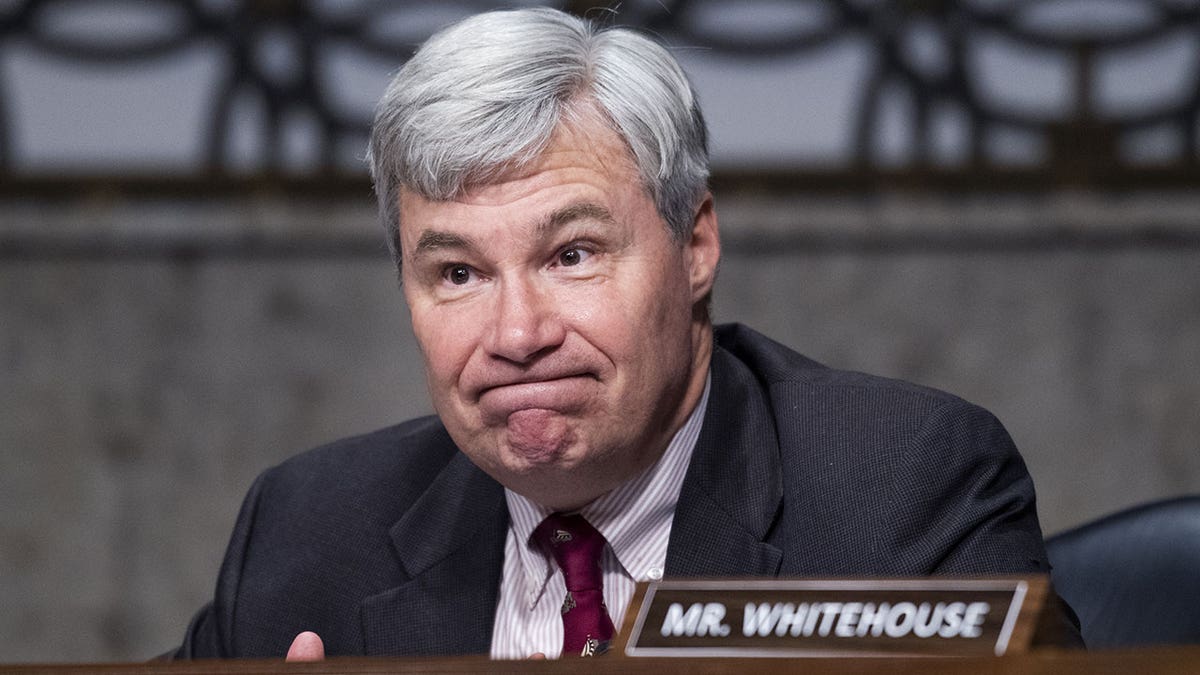Fox News Flash top headlines for March 15
Fox News Flash top headlines are here. Check out what's clicking on Foxnews.com.
The Senate passed a bill by unanimous consent Tuesday that would make Daylight Saving Time (DST) permanent.
The bipartisan "Sunshine Protection Act of 2021" was introduced by Sen. Marco Rubio, R-Fla., and cosponsored by a bipartisan group of senators, including James Lankford, R-Okla.; Roy Blunt, R-Mo.; Sheldon Whitehouse, D-R.I.; Ron Wyden, D-Ore.; Cindy Hyde-Smith, R-Miss.; Rick Scott, R-Fla.; and Ed Markey, D-Mass.
DAYLIGHT SAVING TIME: LAWMAKERS DEBATE THE NEED FOR TIME CHANGE AS CLOCKS SPRING FORWARD SUNDAY
The bill is now headed to the House. If passed, it will not go into effect until November 2023.
"The good news is that we can get this passed. We don't have to keep doing this stupidity anymore. Why we would enshrine this in our laws and keep it for so long is beyond me," Rubio said Tuesday on the Senate floor. "Hopefully, this is the year that this gets done. And pardon the pun, but this is an idea whose time has come."
Modeled after a similar law that passed in Florida 2018, such legislation was first introduced by Rubio in the Senate in 2018 and again in 2019, but the current version is the first not to die in committee. Fifteen other states have passed similar laws, resolutions or initiatives, but they require a change in federal statutes to be enacted.

Sen. Marco Rubio, R-Fla., and members of Congress hold a news conference on the benefits for veterans exposed to burn pits at the VFW Building on April 13, 2021, in Washington, D.C. (Paul Morigi/Getty Images)
"The call to end the antiquated practice of clock changing is gaining momentum throughout the nation," Rubio said. "Studies have shown many benefits of a year-round Daylight Saving Time, which is why the Florida legislature voted to make it permanent in 2018. I'm proud to reintroduce this bipartisan bill to make Daylight Saving Time permanent, and give our nation's families more stability throughout the year."
Whitehouse, who cosponsored the bill, echoed Rubio, saying, "Americans' lifestyles are very different than they were when Daylight Saving Time began more than a century ago. Making Daylight Saving Time permanent will end the biannual disruptions to daily life and give families more daylight hours to enjoy after work and school."
According to a poll conducted last October, 75% of Americans want to avoid switching between DST and standard time, though there is no agreement on which is preferable.
There have been other efforts to make Daylight Saving Time Permanent.

Sen. Sheldon Whitehouse, D-R.I., speaks during a Senate Judiciary Committee confirmation hearing in Washington, D.C., on Wed., April 28, 2021. (Tom Williams/CQ Roll Call/Bloomberg via Getty Images)
Congress early last century approved a bill to end Daylight Saving Time. President Woodrow Wilson vetoed the legislation. But then something extraordinary happened. Congress has only executed 112 successful veto overrides in the history of the republic. One of them was over Daylight Saving Time. Congress overrode Wilson’s veto and time was up for Daylight Saving Time.
President Franklin Delano Roosevelt sprung clocks ahead by an hour for "War Time" during World War II. But clocks reverted to their old settings after the war.
CLICK HERE TO GET THE FOX NEWS APP
But Congress approved the Uniform Time Act in 1966. It solidified the boundaries of the four "time zones" within the U.S. It also declared that the U.S. would shift to Daylight Saving Time on the last Sunday in April. The country would revert to Standard Time on the last Sunday in October.
The U.S switched clocks ahead for nearly two years when OPEC slashed production, prompting the oil shocks of the 1970s. Lawmakers then updated the law in 1986, changing when the country would move between Daylight Saving Time and Standard Time. A 2005 energy bill condensed the period the country dwells on Standard Time. In fact, Daylight Saving Time is more standard in the U.S. than "Standard Time." U.S. clocks spin to Daylight Saving Time for about eight months out of the year compared to just four months on Standard Time.













































